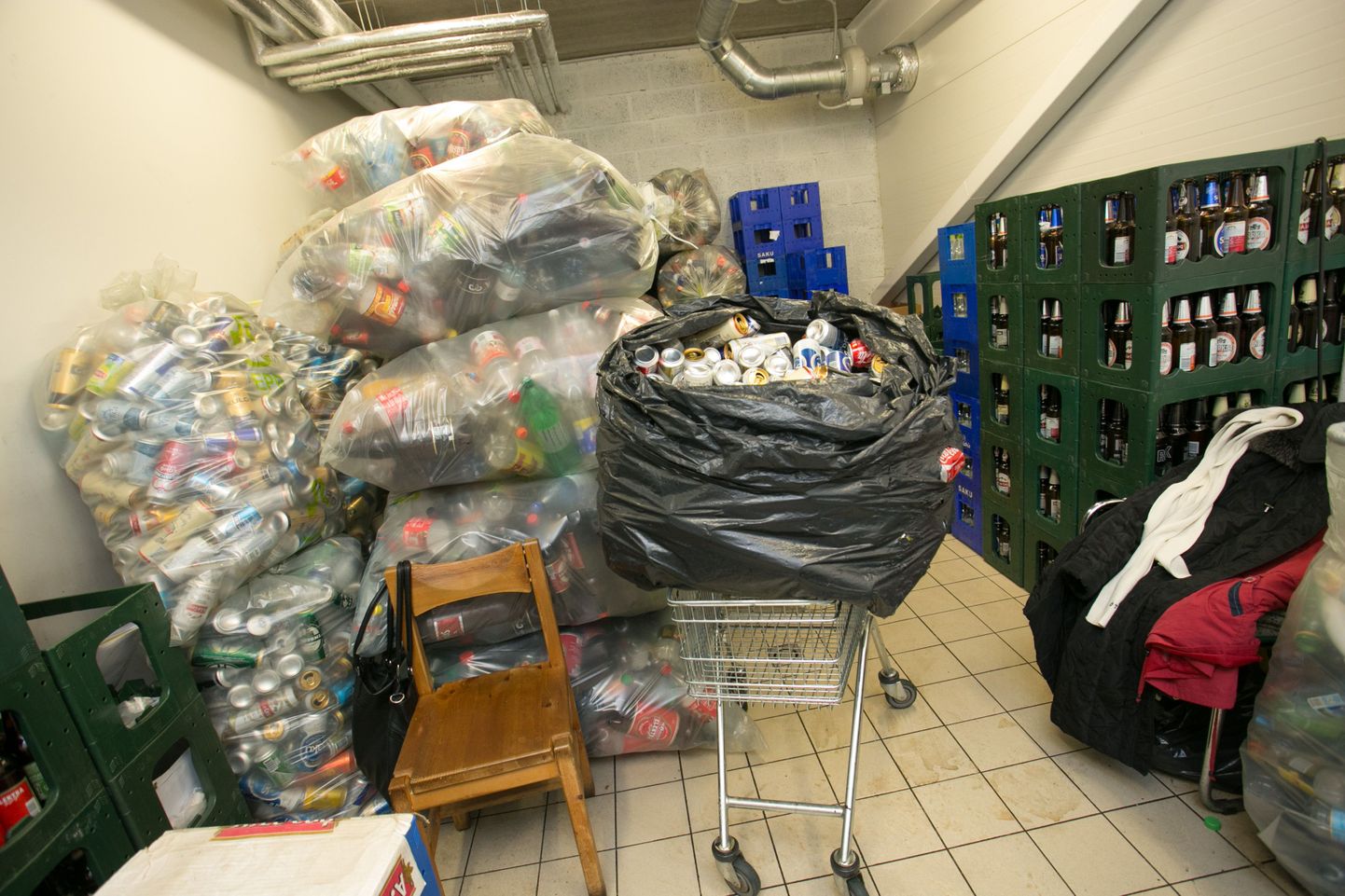A. Le Coq chief Tarmo Noop said our pledge system is much more flexible as that in Scandinavia. Unlike us, the Finnish system for instance will not allow use of their marking outside the Finnish state.
He added that if a system rises in Finland where empties can be returned for which the guarantee has not been paid, officially this is fraud.
«Currently, there is no other way for us than to remove the marking from the goods we sell on ships,» said Mr Noop, also at helm of Estonian Breweries Association. However, the decision brings extra costs. «It means a very large special storage of cans with marking removed,» he admitted. Especially with cans. «While one plastic bottle label costs less than one cent, then a can costs 10–11 cents and this makes a huge difference,» explained Mr Noop. «While we may order labels 50,000 at a time, cans have to be ordered 300,000 at a time i.e. a can is ten times dearer and the volumes ordered need to be several times larger.»
Mr Noop, a member of Pandipakend council, said at the next meeting they will discuss which countries’ exports will retain the Estonian marking.
Saku Brewery CEO Margus Kastehein said they are actively following the discussion and will probably take measures this fall, to sell unmarked products on vessels.
Mr Raal said Eesti Pandipakend is not a profit-making enterprise. «We are accredited by environmental ministry i.e. even with profits occurring Packaging Acts will not allow owners to take it out, but it will have to be reinvested,» he said. The costs of collecting packages, logistics and recycling are covered from sales of materials, unreturned deposits and processing fees imposed on producers.
2007 (kroons) 272.7 million -15.1 million
2008 (kroons) 270.7 million -28.6 million
2009 (kroons) 259.2 million 5.35 million
2010 (euros) 22.2 million 3.1 million
2011 (euros) 25.9 million 2.8 million
2012 (euros) 27.8 million 1.7 million
2013 (euros) 28.7 million 808,665
2014 (euros) 28.3 million 176,006

